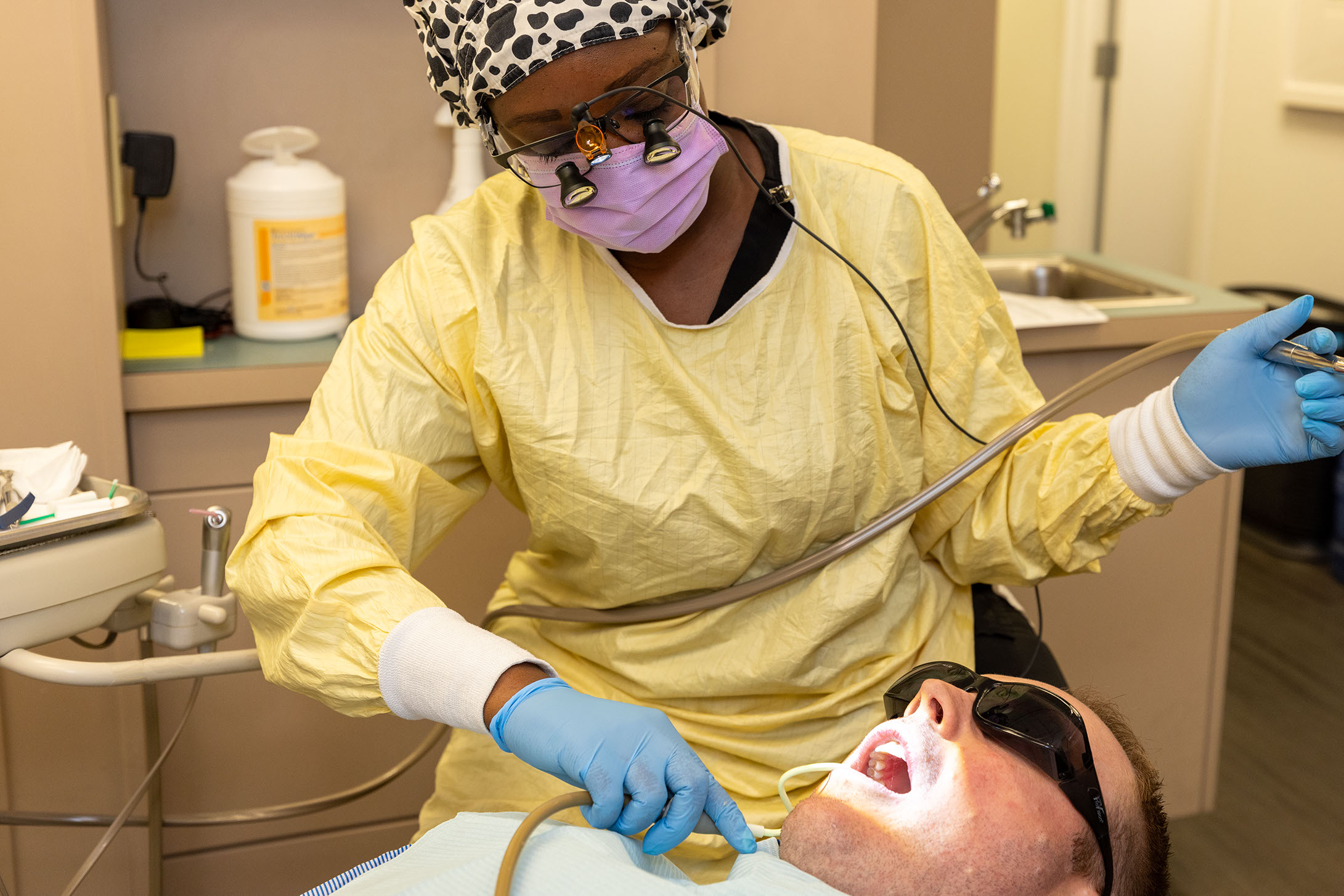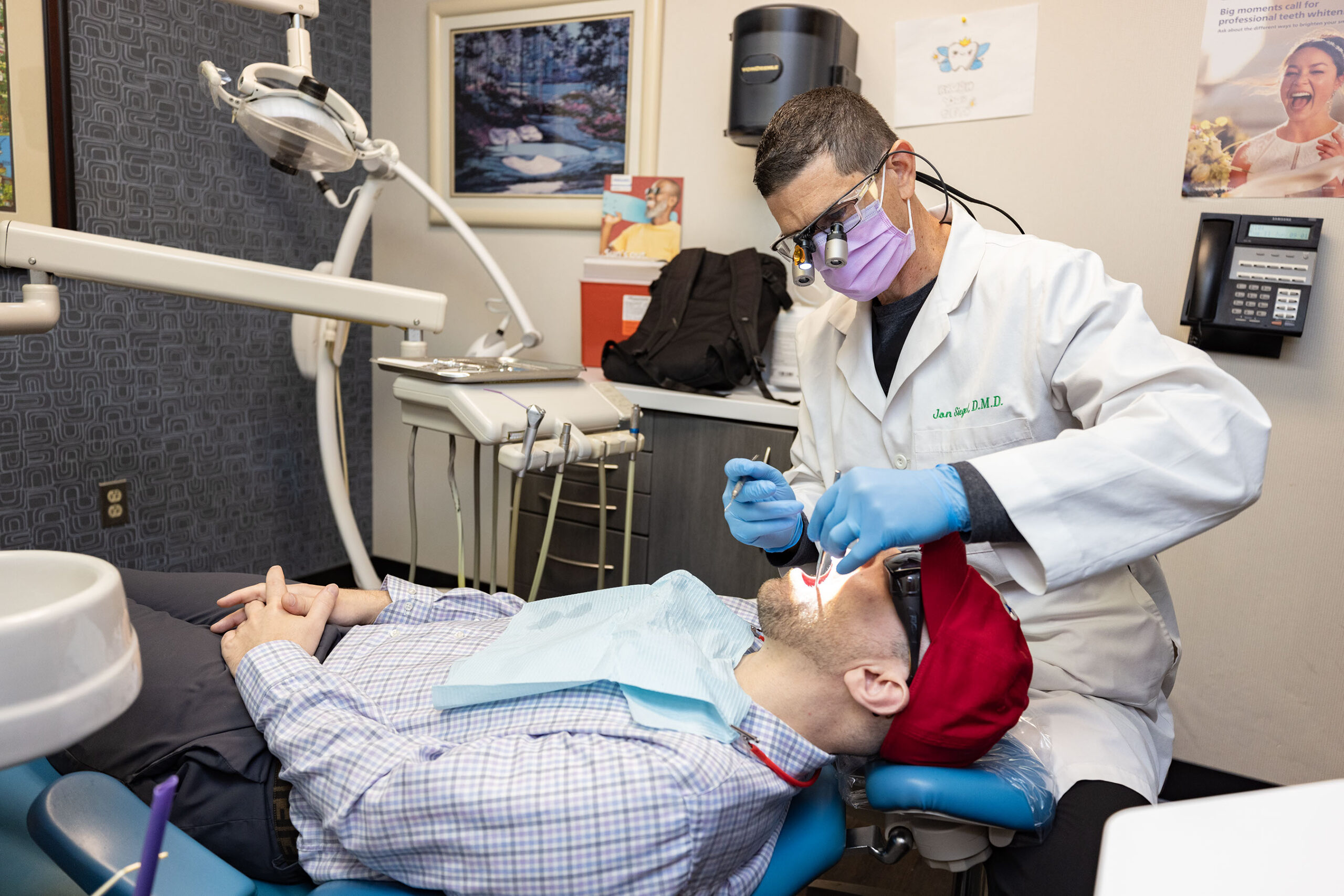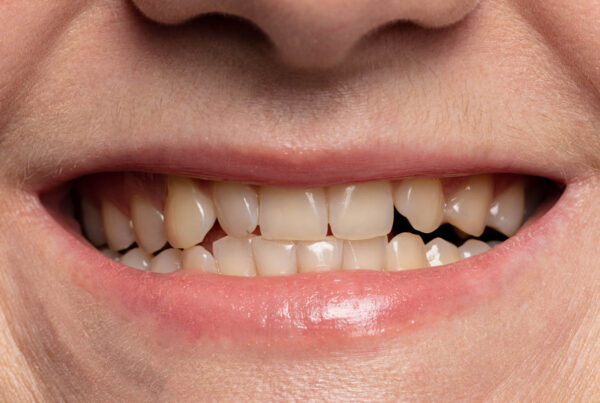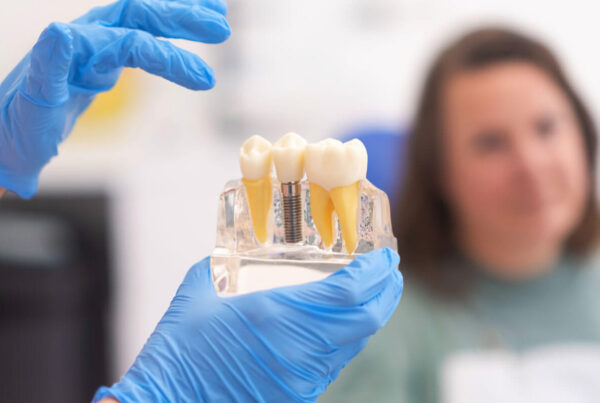Dental Emergencies: Stay Calm and Know What to Do
Dental emergencies can be scary and painful, but knowing how to respond can make a big difference in the outcome. While it’s impossible to anticipate every possible dental crisis, understanding common emergencies and basic first aid can help you manage the situation until you can see a dentist at Dentistry at 1818 Market Street in Center City Philadelphia.
What Constitutes a Dental Emergency?
- Severe toothache: Pain that is intense, persistent, and interferes with daily activities.
- Knocked-out tooth: A tooth that has been completely dislodged from its socket.
- Broken or chipped tooth: Significant damage to the tooth structure.
- Lost filling or crown: A missing restoration that exposes the tooth’s sensitive inner layer.
- Object lodged in the gums or between teeth: An item that is causing pain or discomfort.
- Severe bleeding: Uncontrollable bleeding from the mouth.
- Facial injury: Trauma to the face that may involve the teeth or jaw.
Call our center city Philadelphia dental clinic at (215) 567-2666 as soon as possible after any of the above-mentioned dental issues.

First Aid for Common Dental Emergencies
While it’s essential to see a dentist at Dentistry at 1818 Market Street as soon as possible, these steps can help manage the situation until you can get professional dental care in Philadelphia:
- Toothache: Rinse your mouth with warm water, floss gently to remove any food particles, and take over-the-counter pain relievers as directed. Apply a cold compress to the outside of your face to reduce swelling.
- Knocked-out tooth: Handle the tooth by the crown, avoiding touching the root. If possible, gently rinse the tooth in water, but do not scrub it. Attempt to reinsert the tooth into the socket, or if that’s not possible, store it in a container of milk or saline solution. Bring the tooth with you when you come to see us in person at 1818 Market Street, a Philadelphia dentist office.
- Broken or chipped tooth: Rinse your mouth with warm water and apply a cold compress to reduce swelling. If the broken piece is large, save it for possible reattachment.
- Lost filling or crown: If possible, temporarily reattach the filling or crown using dental cement or over-the-counter denture adhesive. If this is not possible, cover the exposed tooth with dental wax or sugarless gum.
- Object lodged in the gums or between teeth: Gently try to remove the object with dental floss. If you can’t remove it, avoid picking at it and see one of our Philadelphia-based dentists as soon as possible.
- Severe bleeding: Apply pressure to the bleeding area with a clean gauze pad. If bleeding persists, seek medical attention immediately.
- Facial injury: Apply a cold compress to reduce swelling and seek medical attention immediately.
When to Seek Emergency Dental Care
It’s essential to contact your dentist at Dentistry at 1818 Market Street as soon as possible if you experience any of the following:
- Severe pain that doesn’t respond to over-the-counter pain relievers
- Swelling that is rapidly increasing
- Difficulty breathing or swallowing
- Excessive bleeding that doesn’t stop with pressure
- Any injury to the face or jaw
Preventing Dental Emergencies
While accidents can happen, there are steps you can take to reduce the risk of dental emergencies:
- Practice good oral hygiene by brushing and flossing regularly.
- Wear a mouthguard when participating in sports or other activities that could cause injury.
- Avoid biting hard objects, such as ice or hard candy.
- Schedule regular dental checkups and cleanings at Dentistry at 1818 Market Street.
By following these guidelines and knowing what to do in case of a dental emergency, you can help minimize discomfort and potential damage.
Contact Dentistry at 1818 Market Street today to prevent any oral health issues from becoming a bigger problem. Together, we can try to avoid dental emergencies when possible.
Disclaimer: This information is intended for general knowledge and informational purposes only, and does not constitute medical advice. Always consult with a qualified healthcare professional for diagnosis and treatment of any medical condition.




